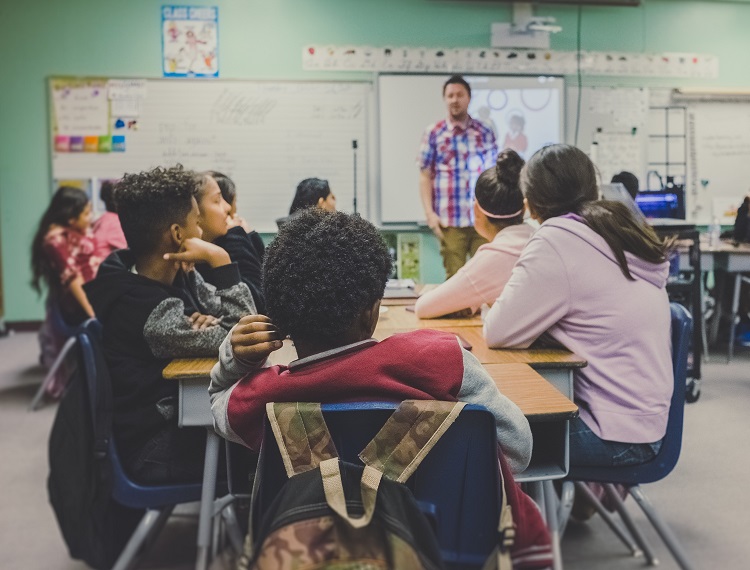New study reveals top ten topics young people in the UK want to add to the curriculum

COVID-19 has heavily impacted the school experience for young people over the past 18 months. But has the time outside the classroom revealed a need for the current education system in the UK to be reviewed? A new study from youth-led community organisation Conscious Youth reveals all.
With government restrictions massively reducing how much time has been spent in the classroom, Conscious Youth polled young people in the UK1 to find out how they found the learning experience and what changes they would like to see in their education moving forward.
Delving into the topics young people think should be taught in high school, the top ten subjects they would like adding to the curriculum are:
- Mental health (83%)
- Personal finance (e.g. mortgage advice, tax and money management) (73%)
- Survival skills (e.g. first aid and self-defence) (70%)
- Black history in the UK (70%)
- Relationship values (e.g. consent, understanding sexuality, how to spot manipulative and abusive behaviours) (63%)
- Human rights (63%)
- LGBTQ+ history and rights in the UK (63%)
- Mindfulness (60%)
- Job hunting and interview preparation (53%)
- Basic law (53%)
Other topics young people are keen to learn about in school include real-life sex education (53%), sustainable living (40%), sociology and anthropology (47%), nutrition (50%), online etiquette and safety (37%) and social skills (47%).
Commenting on Conscious Youth’s study, Caroline Allams, education expert and co-founder of Natterhub said:
“The subjects highlighted in Conscious Youth’s research are a clear indication of what’s currently lacking in our education system and so many nudge towards personal empowerment, wellbeing, and mental health-related issues. It’s great to see young people recognising the importance of ‘human skills’ as well as academic knowledge.
“As we know, classrooms are diverse environments with many different academic, social and personal needs. From a young age, there could be more opportunities to play to people’s strengths and provide a nurturing education for different learning styles, skills-based courses, and apprenticeships. We need more open-ended creativity across the entire curriculum and recognition for pupils who are not inclined towards academic frameworks. This could provide greater wellbeing, self-acceptance, entrepreneurship, problem-solving and personal achievement.”
Reflecting back on the recent UK lockdowns, the new study reveals that 30% of children say they did enjoy virtual learning, with the main reason being that they liked the freedom it gave them (67%). Over half (56%) say they enjoyed being able to learn at their own pace at home, with 44% saying there were fewer distractions compared to the classroom.
However, 43% of young people say they personally did not enjoy virtual learning as they missed being around their friends and teachers (73%).
Conscious Youth also asked children to share what ways of learning they would like to see continue. A staggering 57% state they want more freedom for individual learning following COVID-19. Over a third (37%) would like to see a combination of at-home and in-classroom learning moving forward.
So how could the school week look in the future?
The majority (57%) of young people say their ideal school week would be three full days in the classroom followed by two days split between in-classroom learning and real-life work experience.
Sophie Simpson, Co-Founder and CEO of Conscious Youth said:
“One of the biggest areas that has been impacted for young people in the UK over the past 12 months is their education. The change in how children learnt over this time has really highlighted how behind the times we are and that the education system in the UK needs to be reviewed.
“The world has changed dramatically and the issues young people are facing are different to when I was at school. It’s more important than ever to ensure they are equipped with the right knowledge and skills to be able to succeed in the future. From black history in the UK to personal finance advice, it’s great to see that young people have the appetite to grow their knowledge in these areas. We just need the UK government to sit up and pay attention to what young people are calling out for.”
*Survey conducted by Conscious Youth CIC of 10 to 18-year-olds based in the UK in September/October 2021











Responses